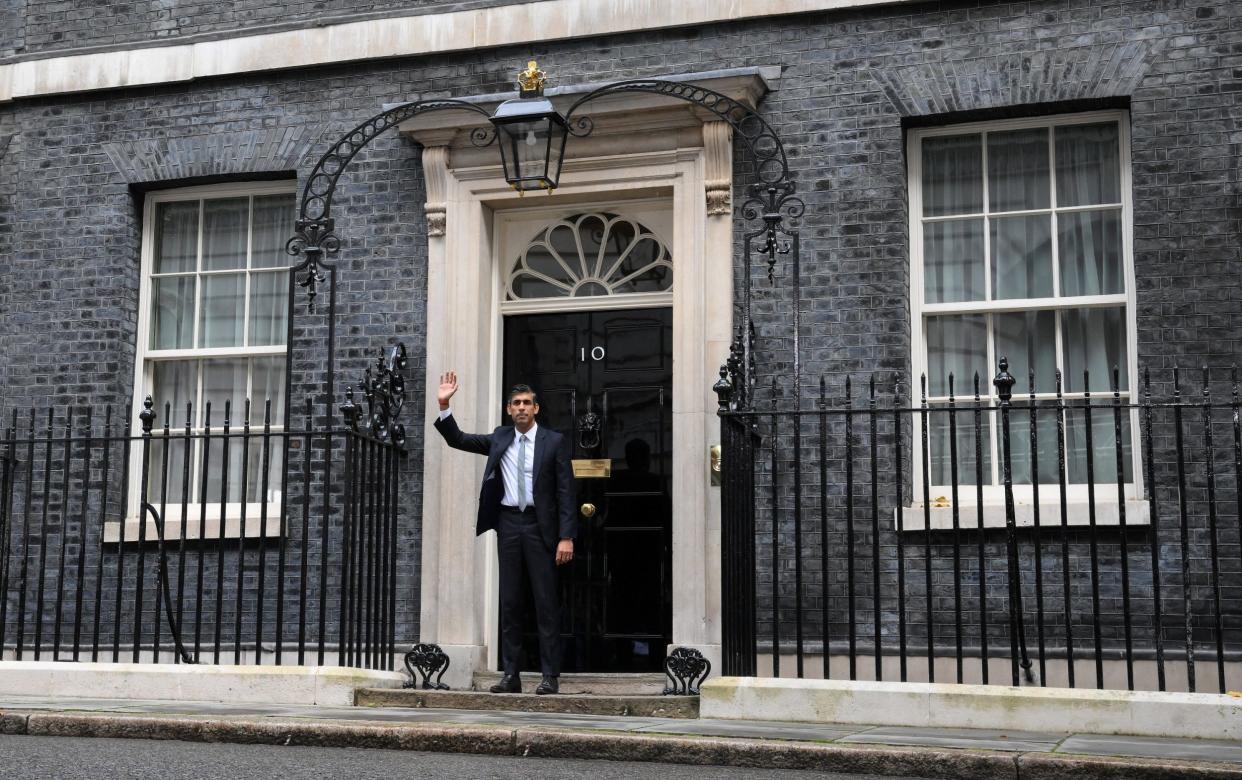Failed Tories have reached the height of arrogance

If there ever actually existed a protester who wielded the famous “No compromise with the electorate!” placard during a demonstration against the Labour government in the 1970s, I want to shake his hand.
So frequently has this stupefying act of political narrow-mindedness been evoked since then, that protester’s act has become, over the decades, a perfect example of the chasm that can exist between the political classes and everyone else. “Compromise” with the electorate is itself a subjective, even pejorative, way of describing the normal democratic process by which elected politicians are expected to carry out the will of those who put them in office.
That relationship works well – right up until the point where the politicians in question realise that their services are no longer required by the electorate. It’s at that point they decide that their own priorities must change from “compromising” with the electorate to lecturing voters on why they’re wrong.
Which brings us to government minister Mark Spencer, who appeared on the wireless this morning to warn us that a Labour victory on July 4 would usher in a two decades-long period of socialist rule in Britain. “Is that what you want? Because that’s what’ll happen,” he didn’t quite say, but he might as well have.
It’s as if the Conservatives feel the need to educate us on how the electoral system works, perhaps convinced that if we looked up long enough from our phones and the football and actually started paying attention to the election, we might suddenly have a lightbulb moment at which we would recognise our folly and return to our previous political allegiances.
That’s not going to happen. This general election is merely the last major political event to have occurred between the point at which voters finally decided they’d had enough of this government – approximately two years ago – and its removal from office. And once the voters make up their minds, they tend not to change them – at least not for a long time.
Which is presumably why Mr Spencer has warned of a 20-year period in office for Labour. The thing is, that might happen or it might not. The decision as to whether to allow such a thing does not rest with Spencer’s party or indeed with the Labour Party; it lies with the same voters who have decided to rid themselves of this government.
The minister is on a hiding to nothing, first by warning voters that if they vote for something they might actually get it, and then expecting such a warning to have an impact on voter intention; and secondly by seeming to blame voters themselves for this unfortunate, impending blip in his own ministerial career.
It is the height of arrogance to blame the voters, rather than the Government, for the failure of any administration, except, perhaps, by suggesting they should never have given the incumbent party a mandate five years ago, and we can assume that even Mr Spencer is not going that far.
When the last five years or so is surveyed, bookended by Boris Johnson’s victory in December 2019 and Rishi Sunak’s skiving off from the D-Day commemorations earlier this month, it should be difficult even for a government minister to misunderstand the voters’ loss of faith.
Is a generation-long Labour hegemony inevitable after July 4? No, it is not. The Tories could avoid it by studying Labour’s own example. There were many who predicted the demise of Labour following its torrid five years under Jeremy Corbyn’s leadership. Similar warnings were sounded in 1983 after Michael Foot led the party to second place in the popular vote, with the SDP winning barely two per cent less.
But in both the 1980s and at the start of this decade, Labour got its act together. Keir Starmer never sought to emulate the snail’s pace with which reformers changed the party after 1983, when it took another 14 years to make it ready for office. Starmer was too impatient and (with apologies to our next prime minister) too old. He needed to press “fast forward” and he did so, compressing all the changes he assumed the voters wanted to see into a space of four years.
Luck has played a big part in his success, of course, and that is something a new Tory leader will not be able to rely on or even manufacture. But “compromise with the electorate” is only sacrilege to the politically out-of-touch and the democratically-challenged.
If the Conservatives’ defeat really is as comprehensive as the polls predict, there may be no way back for them. But that is up to the voters, not the parties. And if a new leadership can get their attention, can acknowledge where the party has gone wrong and can entice them back with new, pragmatic and attractive policies, they will find that the political history of this country remains to be written.
And it will be written by the same people it has always been written by – the ordinary people whose crosses on the ballot papers in two weeks’ time will comprise the next chapter.

